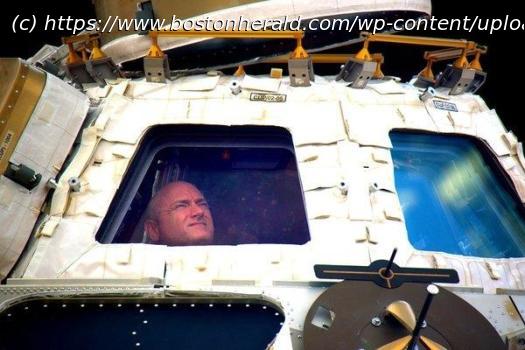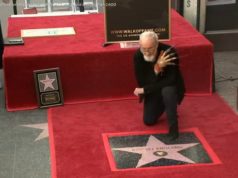The station’s first full-time residents — one American and two Russians — opened the hatch in 2000.
It’s an unprecedented space streak: 25 years of people living off-planet without even a moment’s pause.
The International Space Station marks a quarter-century of continuous occupancy this weekend, boasting a guest list of nearly 300 — mostly professional astronauts but also the occasional space tourist and movie director. The first full-time residents opened the hatch on Nov. 2, 2000.
With only five years left at the scientific outpost, NASA is counting on private companies to launch their own orbiting stations with an even bigger and wider clientele.
Here’s a look at what has been and what is ahead:The space station’s first astronauts
NASA’s Bill Shepherd and Russia’s Sergei Krikalev and Yuri Gidzenko took off in a Russian Soyuz rocket from Kazakhstan on Oct. 31, 2000. They reached the dark, humid, three-room station two days later and spent almost five months on board, making the place not only functional but hospitable.
Shepherd, a former Navy SEAL who retired in 2002, serves on a space station advisory committee with Krikalev, now a high-ranking Russian space official.
While relations between the U.S. and Russia are “quite bad” on the national level, “person to person and even space agency to space agency, they’re actually quite good,” Shepherd told The Associated Press.290 visitors and counting
Most of the visitors have flown courtesy of their homelands.
The first to pay his own way — California businessman Dennis Tito — launched with the Russians in 2001 over NASA’s objections. Hungry for cash, Russia continued flying private clients, including a Russian movie crew in 2021.
NASA now embraces space tourism, inviting private crews for two-week stays. Dropping by the station a few months ago were the first astronauts in decades from India, Poland and Hungary, accompanied by the station’s first female commander, Peggy Whitson.
Домой
United States
USA — Cinema The International Space Station marks 25 years of nonstop human presence in...






